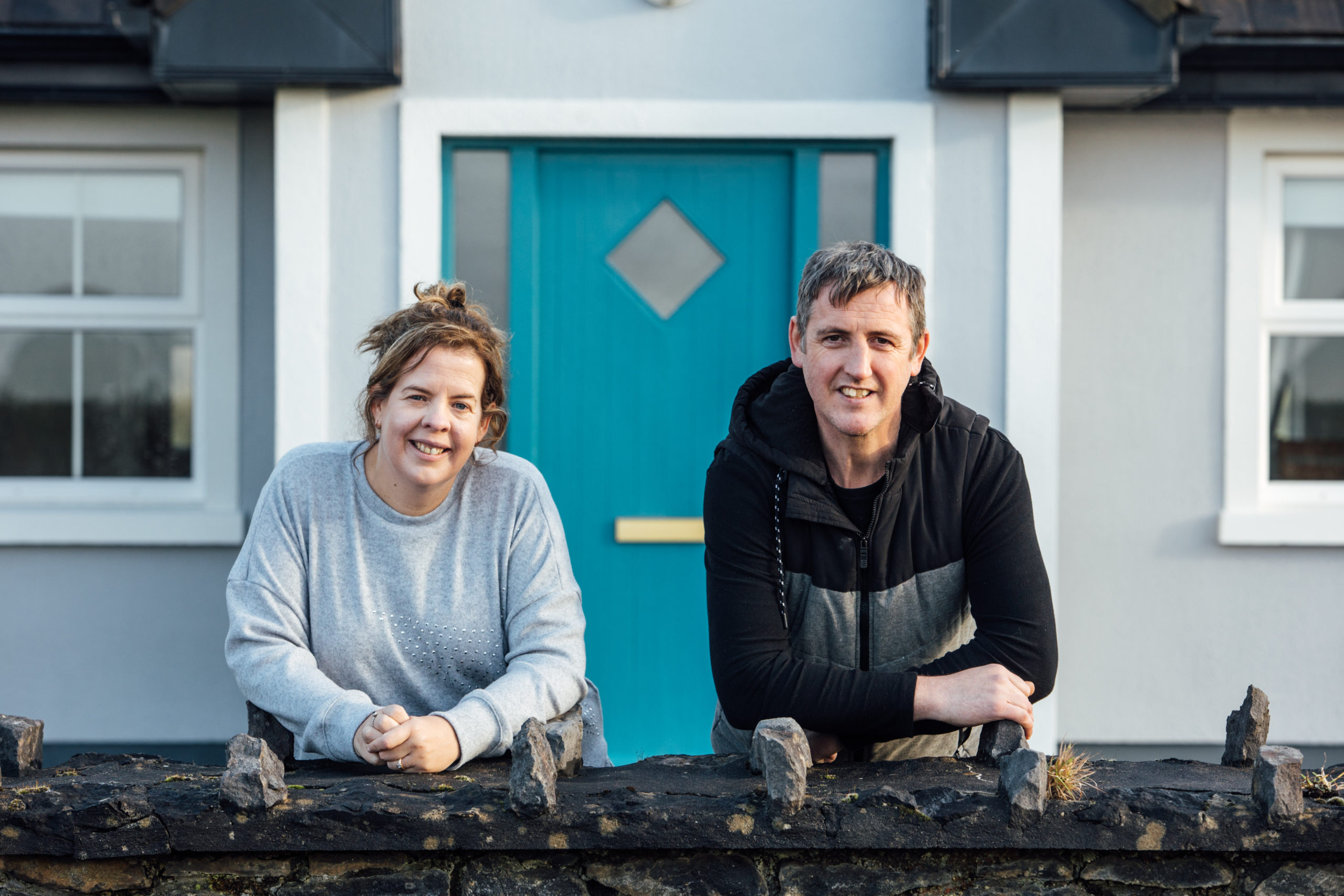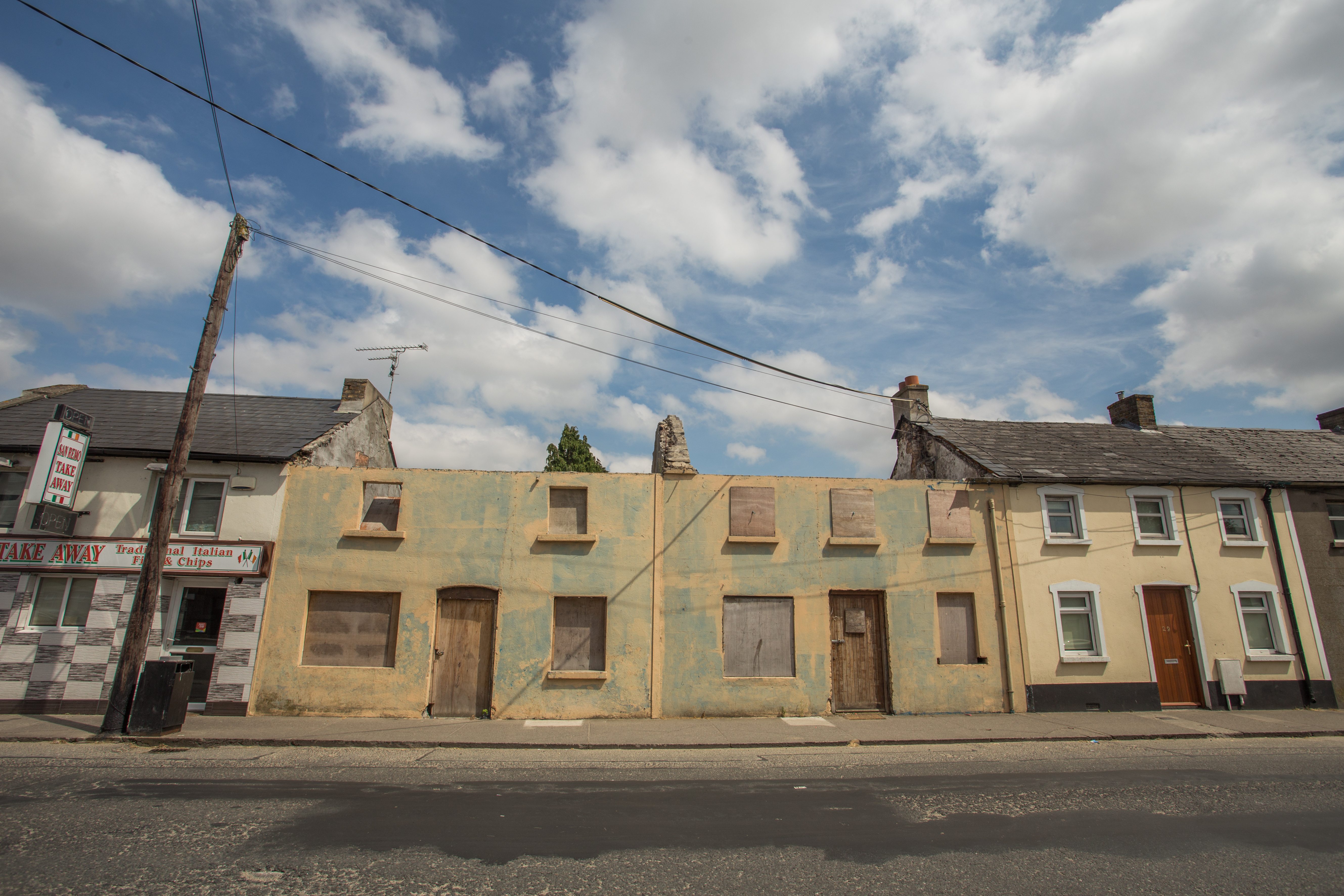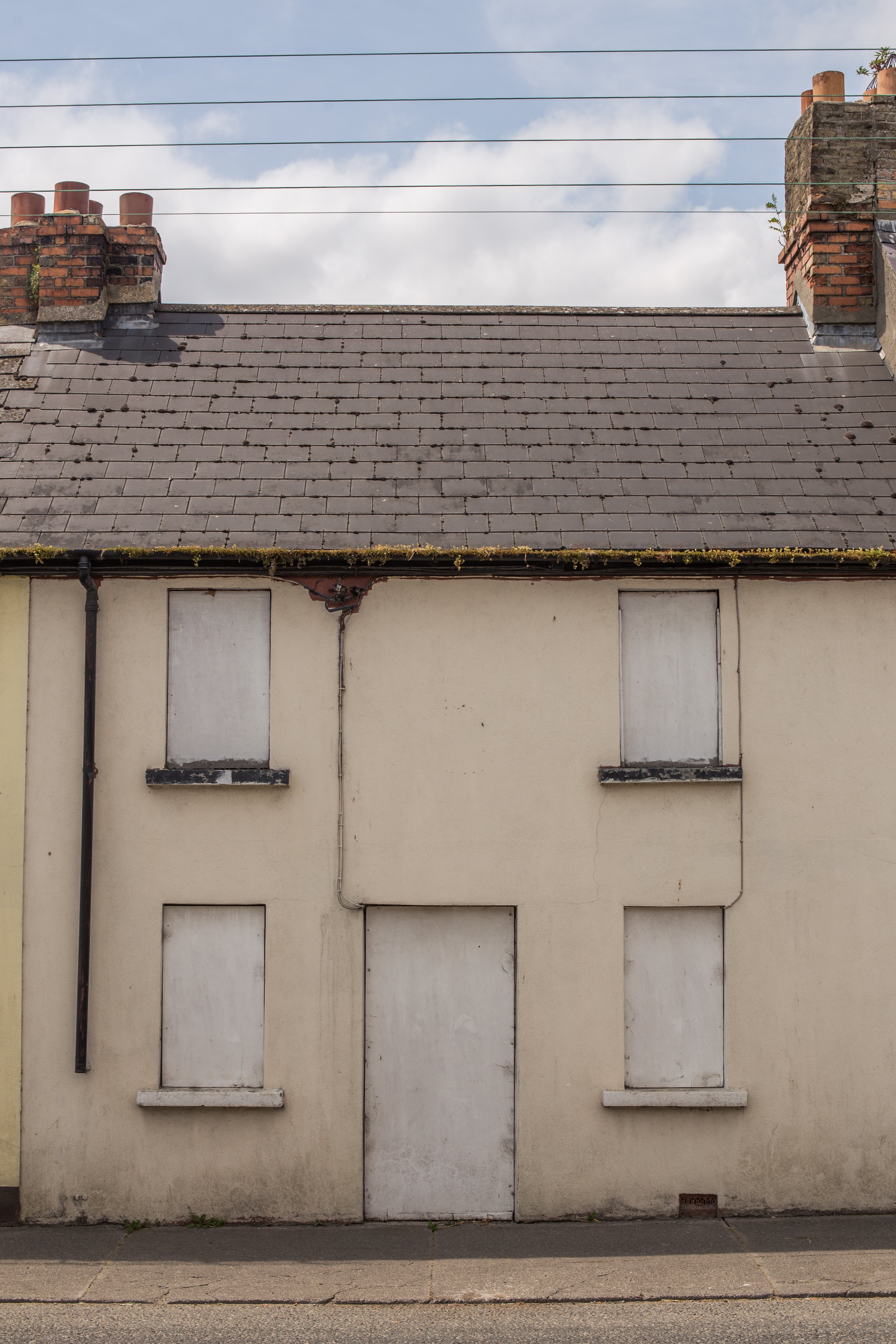September 20th 2019
Peter McVerry Trust, the national housing and homeless charity, is proposing evidence based solutions to the needs of those at risk of homelessness and people already in homelessness. The measures range from reusing empty homes and underused buildings for new housing to protecting home owners and tenants impacted by long term mortgage arrears.
The measures are released as the latest official figures show that over 1,400 people are now homeless across rural Ireland.
Pat Doyle, CEO of Peter McVerry Trust, said, “As an organisation, Peter McVerry Trust is wholly committed to finding the solutions to the needs of people and communities impacted by homelessness. To inform the evidence base for our solutions it is vital that we have as deep an understanding of the factors contributing to homelessness as possible.
“Peter McVerry Trust has always looked to the solutions and the ways in which we can reduce and effectively end homelessness. To that end, rural homelessness, despite the rising number of people impacted, remains an inherently solvable issue. We firmly believe that at a time of record numbers of people impacted by homelessness we need to explore every avenue available to us to tackle the issue.”
“These measures are the latest effort from Peter McVerry Trust to help tackle rural homelessness. Homelessness is most prevalent and most associated with urban environments like our cities but it is also increasingly prevalent in our large towns and villages.”
“Our solutions are focused on putting in place informed, realistic actions that we sincerely believe can effectively end homelessness across most of this country. Our proposals centre on the idea that we need to treat rural homelessness slightly differently, that we need to link the reuse of empty buildings in our town centres with greater social housing supply, and that we need to create highly mobile and intensive mental health and addiction support services.”
Create a New Strategy Specifically to Tackle Rural Homelessness
Peter McVerry Trust believes that a strategy specific to the challenges of dealing with rural homelessness is needed in order to put in place the necessary measures to effectively end homelessness in rural Ireland.
A strategy to tackle rural homelessness would need to be led by a multi-agency task force on rural homelessness. This task force would require a cross section of government departments, statutory agencies and voluntary organisations.
The task force would be charged with delivering a high intensity and tailored response with initiatives involving areas such as housing, finance, rural affairs, social protection, health, education, justice and children and youth affairs.
Ensure Housing Delivery Matches Housing Needs of People and Communities
It cannot be taken as given that the delivery of social housing is aligned with the need for social housing. It is imperative that housing output is wholly aligned with housing needs. To that end, in order to end rural homelessness, there needs to be a significant increase in the number of single person housing delivered.
This will not only assist in reducing the overall housing list but ensure the effective delivery of key programmes such as Housing First and allow for the rapid progression of people through homeless hostels.
Reuse Empty Homes and Underused Buildings to Provide New Housing
One of the quickest and most effective ways to deliver housing is to reuse the tens of thousands of empty homes across Ireland. Similarly, there are thousands of buildings only partially used in rural towns and villages. There is an urgent need to radically alter the way in which we manage the built environment to better serve the needs of people and communities.
Further to the Government’s National Vacant Housing Reuse Strategy, Peter McVerry Trust proposes creating an Empty Homes Network. This network should consist of local authority staff, approved housing bodies and other appropriate agencies and organisations that would establish sustainable ways to revitalise our towns and villages for community benefit. The network would also work to counter increasing levels of vacancy arising in rural towns in both commercial and residential buildings.
These measures would complement a number of other actions on empty homes proposed in our recent pre-budget submission which included 0% VAT on reuse projects, increased loans for repair and lease, an empty homes tax and a tax-based incentive for property owners to sell their long term vacant properties.
Open High Intensity, Multi-Disciplinary Homeless Support Services
New high intensity multi-disciplinary homeless support day services in rural locations would encompass addiction, mental health, housing and homeless support services in a single site. It would also offer a safe space for people in need to spend time, meet their key workers and also to access IT, food, laundry and storage services.
This service would cover a wide geographical rural area and assist people in need to secure and sustain housing. It would also act as a natural base for a rural Housing First programme or team, as well as providing for broader rapid response teams to assist those in, or at risk of, homelessness where there are other presenting needs beyond housing.
These multi-disciplinary service hubs have worked particularly well in other countries. For example in Canada, where the most progress towards achieving functional zero has been made, it has played a key role in some communities in ending rural homelessness.
Protect Home Owners and Tenants Impacted by Long Term Mortgage Arrears
In order to prevent a rise in homelessness and increased risk of homelessness for many people further actions are required on the issue of mortgage arrears. Our analysis of Central Bank figures shows that rural counties are likely to be hardest hit by long term mortgage arrears and there is a clear need to put in place better supports.
The first step in this process is to increase the threshold for access to Mortgage-to-Rent to €50,000 and allow more households to access the scheme to save their home.
The second step is for the State, through the Department of Finance and the Department of Housing, to conduct a comprehensive analysis of those areas most likely to suffer most as a result of mortgage arrears. This would allow for specific economic supports plans to be put in place for these towns.
The third step is for the Government to carry out a cost-benefit analysis of the possibility of the State directly acquiring the thousands of rental properties in rural Ireland which are home to social tenants but which are linked to mortgages in long term arrears. There is likely to be a strong financial argument for the State to increase capital acquisition provision to protect people from losing their home and for social housing subsidy households to be transferred from lease arrangements to ownership by AHBs or LAs.


